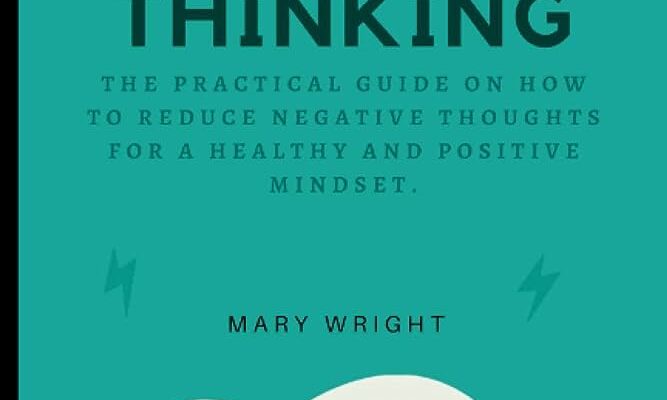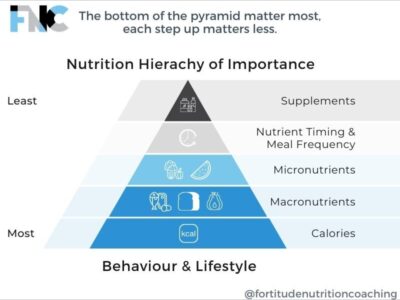In today’s fast-paced world, negative thoughts are all too common. They can affect our mental and physical health, causing distress, anxiety, and even manifesting in physiological symptoms. Luckily, there are proven techniques that can help retrain our brain to choose a healthier way of thinking.
Understanding Neural Networks and Pathways
The human brain consists of complex neural networks and pathways that enable us to process information, learn, and adapt to our environment. When we consistently engage in negative thinking, these pathways become stronger, making it more difficult to break the cycle of negativity. However, with deliberate practice and conscious effort, it is achievable to rewire our brain for positivity.
Evidence-Based Techniques for Rewiring the Brain
Several evidence-based techniques have been developed by therapists and researchers to help individuals break free from negative thoughts. These methods focus on changing the way we think, respond to challenges, and process emotions. Some popular techniques include cognitive-behavioral therapy (CBT), mindfulness meditation, and journaling. Committing to one or more of these practices can be key to developing a healthier mindset.
Cognitive-Behavioral Therapy (CBT)
CBT is a widely used therapeutic technique that helps individuals understand and manage their thoughts and emotions. It involves identifying negative thought patterns, challenging them, and replacing them with more positive and rational alternatives. By practicing CBT regularly, individuals can significantly reduce feelings of distress and anxiety.
Practical Steps for Implementing CBT
- Identify negative thoughts: Start by becoming aware of when you experience negative thoughts and what triggers them.
- Challenge these thoughts: Ask yourself if the negative thought is objectively true or based on evidence. Consider alternative explanations or perspectives.
- Replace with positive thoughts: Develop a more balanced and rational response to replace the negative thought.
Working with a therapist can be helpful in learning CBT techniques, but self-help resources are also available for those who prefer a more independent approach.
Mindfulness Meditation
Mindfulness meditation is a widely practiced technique that involves focusing one’s attention on the present moment, without judgment. This practice allows individuals to become more aware of their thoughts, emotions, and bodily sensations, while detaching from unhelpful rumination and negativity. Research has shown that mindfulness meditation can improve mental health and well-being by reducing stress, anxiety, and depression.
How to Practice Mindfulness Meditation
The following steps can help you establish a daily mindfulness meditation practice:
- Choose a quiet space: Find an environment free from distractions where you can sit comfortably.
- Set a timer: Beginners may start with 5-10 minutes per session and gradually increase the duration as they become more comfortable.
- Focus on your breath: Close your eyes and bring your attention to the sensation of your breath entering and leaving your body.
- Observe your thoughts and emotions: When thoughts or emotions arise, acknowledge them without judgment and let them pass, returning your focus to your breath.
Consistency is key when practicing mindfulness meditation. Aim to practice daily for maximum benefits.
Journaling
Journaling is a simple yet powerful tool for promoting healthier thinking. It involves writing down thoughts, emotions, and experiences in a personal notebook or digital document. Through journaling, individuals can gain insight into their thought patterns, identify triggers for negativity, and develop strategies for managing challenging situations.
Tips for Effective Journaling
To make the most of your journaling practice, consider the following tips:
- Make it a habit: Aim to write in your journal consistently, whether daily or weekly.
- Be honest and open: Express your true thoughts and feelings without fear of judgment.
- Reflective writing: Instead of simply recounting events, focus on exploring your emotions, thoughts, and reactions to experiences.
- Set goals and track progress: Use your journal to set personal goals, such as reducing negative thoughts, and monitor your progress over time.
Experiment with different journaling styles and formats to find what works best for you. Some may prefer traditional written journals, while others might benefit from audio recording, typing, or even drawing.
Maintaining a Healthy Mindset: Long-Term Strategies
While CBT, mindfulness meditation, and journaling are valuable tools for stopping negative thoughts, it’s essential to remember that developing a healthier mindset is an ongoing process. To maintain positive thinking long-term, consider incorporating regular exercise, social support, and stress management techniques into your lifestyle.
Physical Exercise and Mental Health
Engaging in regular physical activity has been shown to improve mental health by reducing symptoms of anxiety and depression. Exercise can also increase the production of endorphins, which are natural mood boosters. Aim for at least 30 minutes of moderate-intensity exercise most days of the week to reap the mental health benefits.
Social Support
Connecting with friends, family, and supportive communities can help alleviate negative thoughts and promote positive thinking. Don’t hesitate to reach out to loved ones or join clubs, groups, or online forums where you can share experiences and offer encouragement to others facing similar challenges.
Stress Management Techniques
High levels of stress can exacerbate negative thoughts and impede progress toward healthier thinking. It’s essential to develop effective strategies for managing stress, such as deep breathing exercises, progressive muscle relaxation, and engaging in hobbies or activities that bring joy and relaxation.
By consistently practicing these techniques and supporting a healthy lifestyle, individuals can successfully stop negative thoughts and choose a healthier way of thinking for improved mental well-being.





Comments